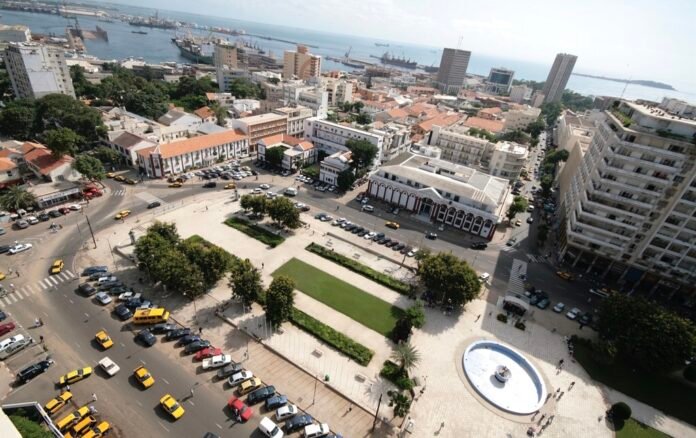Senegal has released new national accounts data following a major update to how the country measures economic output—an exercise that has led to noticeably improved debt indicators. The revised figures, published by the National Agency for Statistics and Demography (ANSD), come as the government works to reassure investors and international lenders amid ongoing concerns about undisclosed public liabilities.
The government first signaled in July that it was recalculating gross domestic product (GDP) using a more recent base year, a standard international procedure meant to capture new sectors and better reflect structural changes in the economy. The update shifts Senegal’s base year from 2014 to 2021, incorporating industries that have expanded significantly over the past decade, such as digital financial services, early-stage oil and gas activity, and growing cashew production.
According to the ANSD’s revised estimates, Senegal’s GDP for 2021 is now valued at 17,316 billion CFA francs—an increase of 13.5% compared to earlier calculations. As a result, the public debt-to-GDP ratio for that year has been revised downward from 90.8% to 80%. The publication, however, does not include updated figures for more recent years, leaving questions about the full scale of Senegal’s current debt burden.
The timing of the rebasing is significant. In early July, S&P Global Ratings downgraded Senegal’s long-term sovereign rating to “CCC+” from “B-,” warning that the country’s debt could approach 120% of GDP by the end of 2024. The downgrade also placed Senegal on “CreditWatch developing,” citing uncertainty over the government’s ability to meet upcoming commercial debt repayments. In response, Senegal’s finance ministry argued that S&P’s projections did not factor in the effects of the rebasing process then underway.
Senegal’s fiscal credibility has come under heightened scrutiny since last year, when previously unreported government debt obligations were uncovered. The revelation prompted the International Monetary Fund (IMF) to freeze a $1.8 billion financing programme. Officials in the current administration have attributed the issue to governance failures under former President Macky Sall. While the IMF stated in July that GDP rebasing is “not a requirement” for advancing discussions on a new programme, the Fund has not commented further on the updated data.
Economists note that while GDP rebasing can legitimately improve economic indicators by capturing previously overlooked sectors, large statistical revisions may raise questions about transparency, data governance, and the reliability of a country’s fiscal reporting—issues Senegal is now working to address as it seeks renewed confidence from global markets.
Source:Africa Publicity








